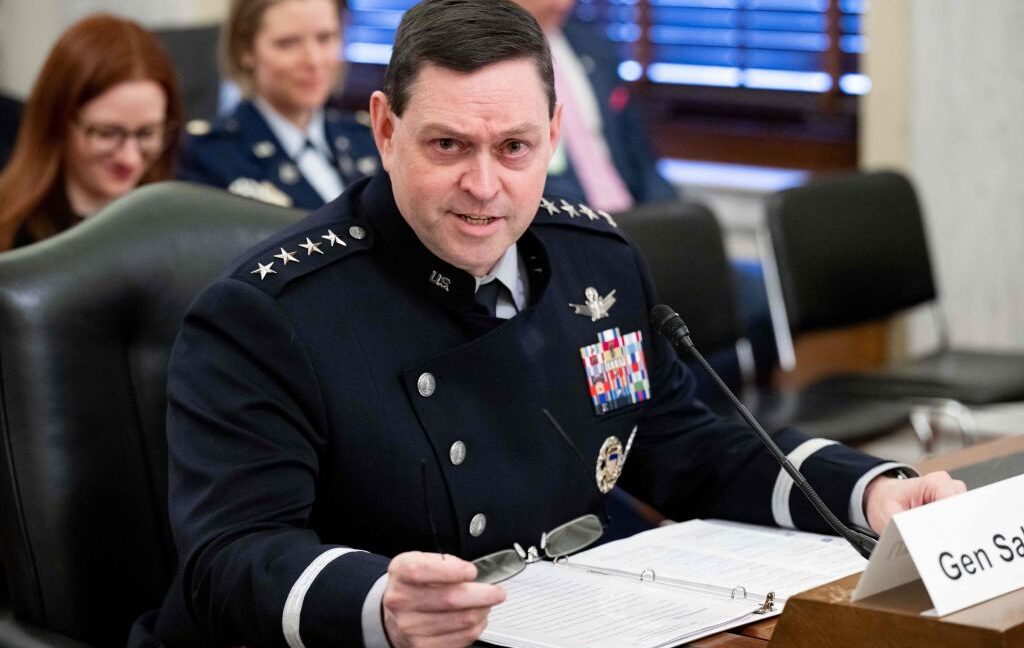
Both Russia and China have tested satellites with capabilities that include grappling hooks to pull other satellites out of orbit and “kinetic kill vehicles” that can target satellites and long-range ballistic missiles in space.
In May, a senior US defense department official told a House Armed Services Committee hearing that Russia was developing an “indiscriminate” nuclear weapon designed to be sent into space, while in September, China made a third secretive test of an unmanned space plane that could be used to disrupt satellites.
The US is far ahead of its European allies in developing military space capabilities, but it wanted to “lay the foundations” for the continent’s space forces, Saltzman said. Last year UK Air Marshal Paul Godfrey was appointed to oversee allied partnerships with NATO with the US Space Force—one of the first times that a high-ranking allied pilot had joined the US military.
But Saltzman warned against a rush to build up space forces across the continent.
“It is resource-intensive to separate out and stand up a new service. Even … in America where we think we have more resources, we underestimated what it was going to take,” he said.
The US Space Force, which monitors more than 46,000 objects in orbit, has about 10,000 personnel but is the smallest department of the US military. Its officers are known as “guardians.”
The costs of building up space defense capabilities mean the US is heavily reliant on private companies, raising concerns about the power of billionaires in a sector where regulation remains minimal.
SpaceX, led by prominent Trump backer Elon Musk, is increasingly working with US military and intelligence through its Starshield arm, which is developing low Earth orbit satellites that track missiles and support intelligence gathering.
This month, SpaceX was awarded a $734 million contract to provide space launch services for US defense and intelligence agencies.
Despite concerns about Musk’s erratic behavior and reports that the billionaire has had regular contact with Russian President Vladimir Putin, Saltzman said he had no concerns about US government collaboration with SpaceX.
“I’m very comfortable that they’ll execute those [contracts] exactly the way they’re designed. All of the dealings I’ve had with SpaceX have been very professional,” he said.
Additional reporting by Kathrin Hille in Taipei.
© 2024 The Financial Times Ltd. All rights reserved. Not to be redistributed, copied, or modified in any way.

